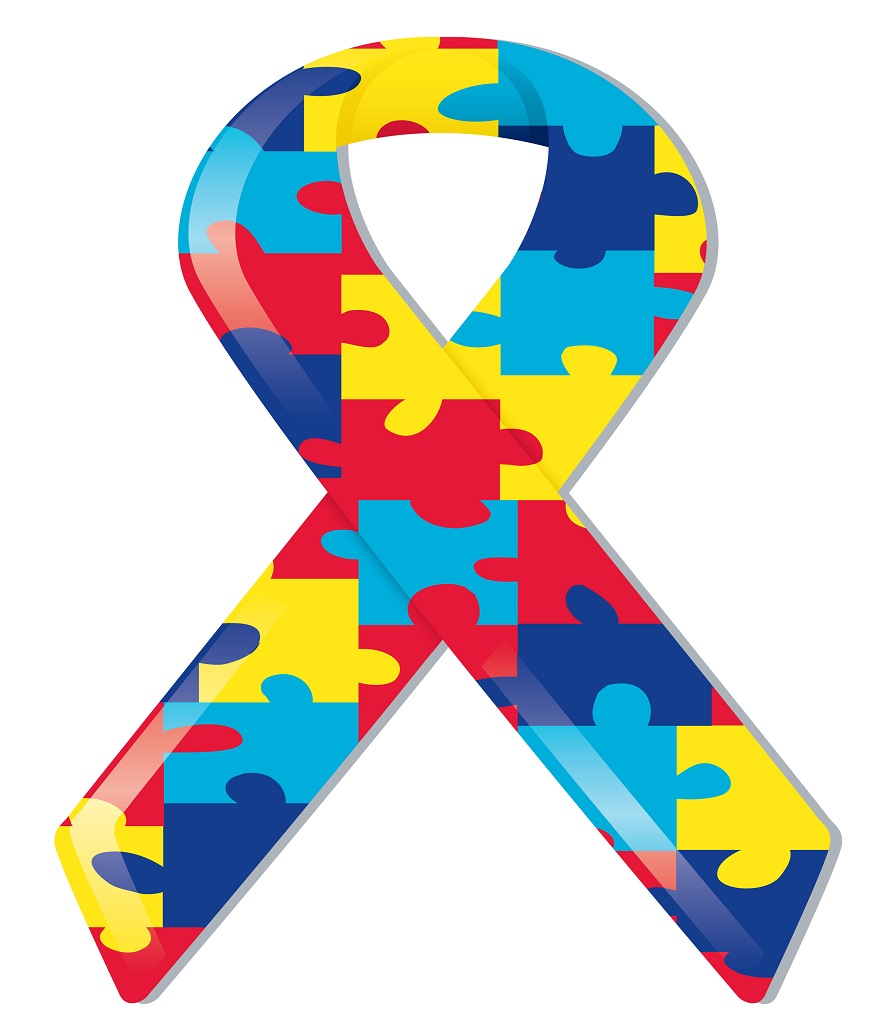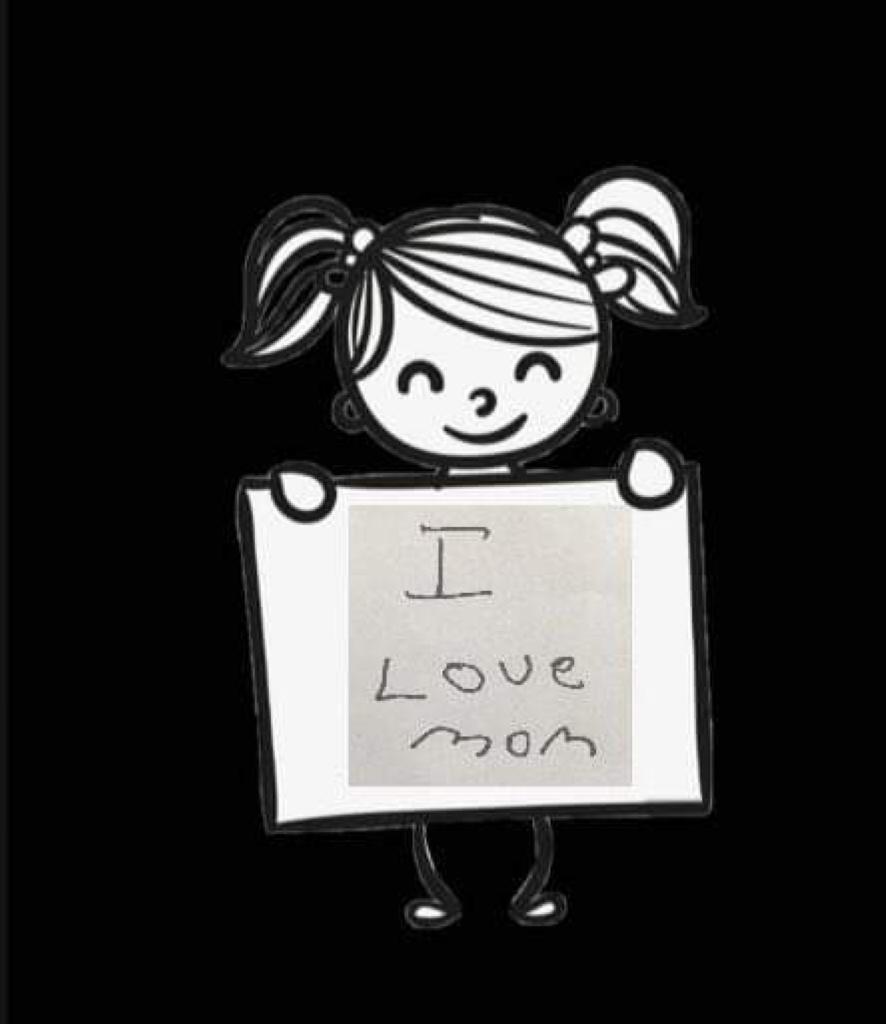AUTISM/ADHD
Autism spectrum
disorder is a situation related to brain growth that impact how a person
perceives and socialize with others, causing problems in social communication
and interaction. The disorder also includes restricted and recurring patterns
of behavior. The term "spectrum" in autism spectrum disorder refers
to the wide range of symptoms and rigorousness. The prevalence was estimated to be 61.9/10,000 globally in 2012. India is a populous country of
nearly 1.3 billion people with children ≤15 years constituting nearly one-third
of the population. It has been estimated that more than 2 million people might
be affected with ASD/ADHD in India.
Autism spectrum
disorder begins in early childhood and eventually causes problems performance in
society — socially, in school and at work. Often children show symptoms of
autism within the first year. A small number of children appear to develop
normally in the first year, and then go through a period of weakening between
18 and 24 months of age when they develop autism symptoms.
Symptoms-
Some children show signs of autism
spectrum disorder in early infancy, such as reduced eye contact, lack of
response to their name or indifference to caregivers. Other children may
develop normally for the first few months or years of life, but then suddenly
become withdrawn or aggressive or lose language skills they've already
acquired. Signs usually are seen by age 2 years.
Each child with autism spectrum
disorder is likely to have a unique pattern of behavior and level of severity —
from low functioning to high functioning.
Some children with autism spectrum
disorder have difficulty learning, and some have signs of lower than normal
intelligence. Other children with the disorder have normal to high intelligence
— they learn quickly, yet have trouble communicating and applying what they
know in everyday life and adjusting to social situations.
Because of the unique mixture of
symptoms in each child, severity can sometimes be difficult to determine. It's
generally based on the level of impairments and how they impact the ability to
function.
Social communication and interaction-
A child or adult with autism spectrum
disorder may have troubles with social communication and contact skills,
including any of these signs:-
Fails to respond
to his or her name or appears not to hear you at times
Resists cuddling
and holding, and seems to prefer playing alone, retreating into his or her own
world
Has poor eye
contact and lacks facial expression
Doesn't speak or
has delayed speech, or loses previous ability to say words or sentences
Can't start a
conversation or keep one going, or only starts one to make requests or label
items
Speaks with an
abnormal tone or rhythm and may use a singsong voice or robot-like speech
Repeats words or
phrases verbatim, but doesn't understand how to use them
Doesn't appear to
understand simple questions or directions
Doesn't express
emotions or feelings and appears unaware of others' feelings
Inappropriately approaches a social interaction by being passive,
aggressive or disruptive
Has difficulty recognizing nonverbal cues, such as interpreting
other people's facial expressions, body postures or tone of voice
Complications-
Problems with
social interactions, communication and behavior can lead to:-
Problems in school and with successful
learning
service problems
Inability to live without help
Social isolation
Stress within the family
Victimization and being bullied
Patterns of behavior-
A child or adult with autism spectrum
disorder may have limited, repetitive patterns of behavior, interests or
activities, including any of these signs:
Performs
repetitive movements, such as rocking, spinning or hand flapping
Performs
activities that could cause self-harm, such as biting or head-banging
Develops specific
routines or rituals and becomes disturbed at the least change
Has troubles with
coordination or has odd movement patterns, such as clumsiness or walking on
toes, and has odd, stiff or exaggerated body language
Is spellbound by
details of an object, such as the spinning wheels of a toy car, but doesn't
understand the overall purpose or function of the object
Is unusually
sensitive to light, sound or touch, yet may be indifferent to pain or
temperature
Doesn't engage in
imitative or make-believe play
Fixates on an
object or activity with abnormal intensity or focus
Has specific food
preferences, such as eating only a few foods, or refusing foods with a certain
texture
As they mature, some children with
autism spectrum disorder become more engaged with others and show fewer
disturbances in behavior. Some, usually those with the least severe problems,
eventually may lead normal or near-normal lives. Others, however, continue to
have difficulty with language or social skills, and the teen years can bring
worse behavioral and emotional problems.
Causes-
Exactly why autism happens isn't clear. It could stem from
problems in parts of your brain that interpret sensory input and process
language.
Autism is four times more common in boys than in girls. It can
happen in people of any race, ethnicity, or social background. Family income,
lifestyle, or educational level doesn’t affect a child’s risk of autism.
Autism runs in families, so certain combinations of genes may
increase a child’s risk.
A child with an older parent has a higher risk of autism.
If a
pregnant woman is exposed to certain drugs or chemicals, like alcohol or
anti-seizure medications, her child is more likely to be autistic. Other risk
factors include maternal metabolic conditions such as diabetes and obesity.
Research has also linked autism to untreated phenylketonuria (also called PKU,
a metabolic disorder caused by the absence of an enzyme) and rubella (German
measles).
HOMOEOPATHIC APPROACH IN AUTISM
DISORDERS:-
In homoeopathy
you can take treatment not only for your disease but for your whole body which
means reoccurrence of disease is not possible if you choose homoeopathy for
treatment. We provide a holistic and gentle cure for your disease.
Hyperactivity of child is only cured by the help of homeopathic medicines.
When we do slight alteration in our life style
and diet & regimens, we can achieve our past healthy life. Some facts about
homoeopathic medicines are as follows:-
Homoeopathic
medicines are effective and gentle in every aspect.
Medicines are
safe for every age group even for pregnant and infants.
There is no
resistance in homoeopathic medicines.
In homoeopathic mode of treatment, medicines are in very much minute form which means there are no side effects such as allopathic medicines.


